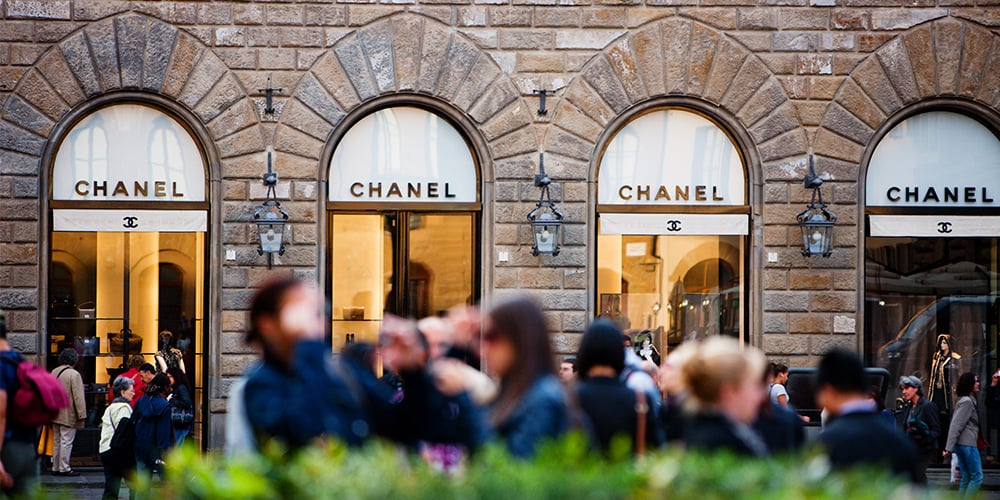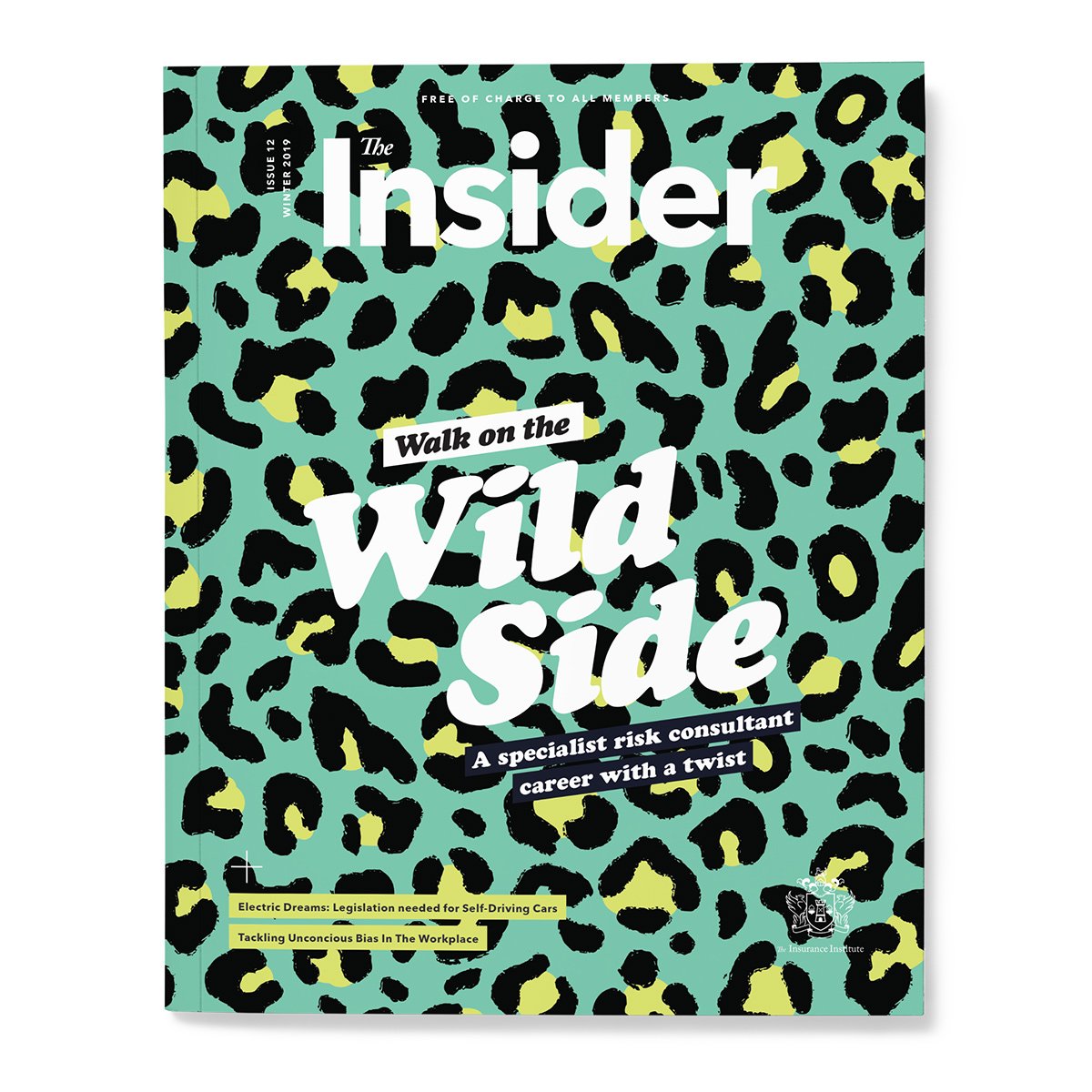
Issue 11 - Fall 2019
Fashion and Insurance aren’t necessarily two words that people would stitch together, but as with most things, without insurance, the industry couldn’t function. Therese McKenna investigates how insurance helps the fashion industry by looking at some of the policies and products available to one of the largest and most influential creative industries in the world.
Insurers to the fashion industry are beginning to offer reputation protection as a feature in their product recall plans. It’s an area that has become a hot topic in recent months with two major couturiers forced to apologise and withdraw products after they were judged to be offensive.
Kim Kardashian West was forced to change the brand name for her latest fashion line following accusations of cultural appropriation. Many on social media complained that the trademarked brand, Kimono Intimates - a play on her name - disrespected traditional clothing. The entrepreneur defended her choice to the New York Times, but later agreed to change it, posting on Instagram: "I am always listening, learning and growing..."
Burberry made its misstep during London Fashion Week, when a model took to the catwalk wearing a hoodie with pull cord designed in the shape of a noose. Another of the show’s models, Liz Kennedy, led the online criticism, declaring on Instagram that “suicide is not fashion”. Burberry consequently removed the hoodie from its collection; offered an apology; and implemented new policies to educate and facilitate staff diversity and inclusion. In a statement, the company CEO Marco Gobbetti spoke of Burberry Group’s determination to learn from the incident and added: “Having spoken with our employees, experts and communities we impacted, we have developed a plan to increase our consciousness and understanding of social issues and fully embrace diversity and inclusion”.
The risks of brand name damage are clear and heightened in today’s world where news travels fast and far online and opinions are shared widely and have an endless life. Reputation protection offers cover to firms facing an event that precipitates a fixed dip in turnover – helping them to mitigate the losses from damage to the brand’s good name.

The recent fall into administration by British high street fashion retailer, Debenhams, renewed focus on the pressures and risks inherent in the bricks and mortar end of the industry in an age of online sales.
As press speculation mounted about the future of the chain, the chances of its stores continuing to trade were put seriously in peril by the reduction in credit insurance to suppliers.
Late last year Euler Hermes and Atradius were among the insurers that pulled cover from Debenhams garment suppliers. Atradius was said to have followed a reduction in cover with a complete withdrawal; while Euler Hermes made multiple cuts.
This put Debenhams in the position – in order to avoid disrupted supply chains and empty shelves – of having to contend with upfront payments.
An article in fashion industry publication Drapers early in April 2019 revealed the confusion and fear of suppliers days before the administration was announced.
One supplier told the magazine: “As a company we work closely with Debenhams to try to have continuity of trade. But with credit limit problems and historic situations, such as the recent House of Fraser administration, [continuity of trade] is not easy, as we all want to limit our risk.”
A footwear source said: “I’ve heard nothing from Debenhams. We will not be delivering anything else until we have clarity on the situation.
“The challenge is if lots of people stop supplying Debenhams because they are worried about being paid. It means the stores won’t have enough of the right product and will ultimately go under.”
"Not only is cost of repair to a damaged item covered, but lost value over and above that is compensated for, in the same way as with Fine Art policies."
AIG hit headlines in the States some years back with their announcement of Couture Insurance, tailored for their high net worth clients. For the first time, policy holders had the opportunity to insure their individual items as well as collections of couture and ready-to-wear designer garments, shoes and handbags; as well as vintage pieces, costumes and celebrity acquisitions against harms including moth or dry cleaning damage, flooding and mould.
Not only is cost of repair to a damaged item covered, but lost value over and above that is compensated for, in the same way as with Fine Art policies. The tailored solution came into being when one of AIG’s agents saw that a client’s wardrobe contained 150 Hermes Birkin handbags and realised that this was an area of vulnerability that needed to be protected.
Couture garments can be scheduled for a minimum of $10,000 each.
Shoes and handbags can be scheduled for a minimum of $500 each.
Work-in-progress coverage for couture and shoes is available up to $100,000 per occurrence, per location for a covered loss while your piece is being created.
The fashion world is a major battleground for intellectual property disputes – and it is notoriously difficult for the imitated to win out over the imitator. Copycat fashion is a feature of the high street that won’t be going away any time soon. However, key cases such as the Louboutin victory over Dutch firm, vanHaren, in the European Court of Justice – asserting their trademark over red soled high-heeled shoes – show that there are indeed rights and risks.
Insurance options exist for both the intellectual property holder and the alleged IP infringer. Intellectual Property Abatement or Enforcement cover can provide for costs in legally enforcing rights; while those accused of an infringements might rely on their Commercial General Liability policies to fund their defence or restitution.

The Insurance Institute of Ireland
Insurance Centre, 5 Harbourmaster Place
IFSC, Dublin 1, D01 E7E8
01 645 6600 | editor@iii.ie